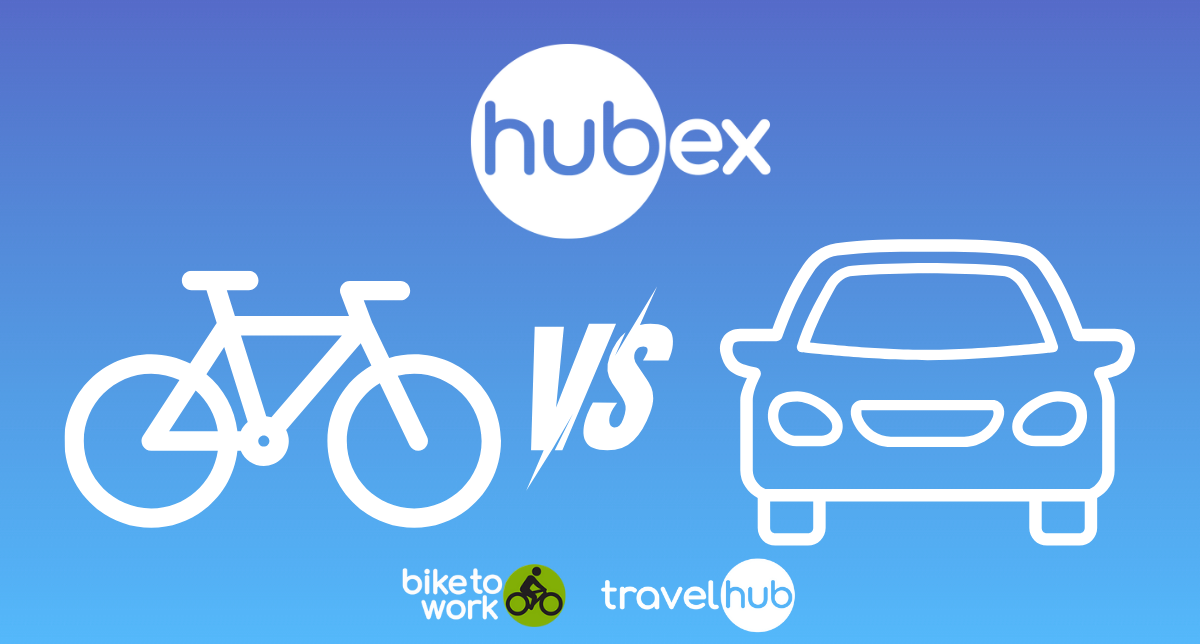
In today's competitive job market, attracting and retaining top talent is crucial for the success of any organisation. Beyond competitive salaries, employees are increasingly looking for comprehensive benefit packages that enhance their overall well-being. From health insurance and retirement plans to unique work perks, employee benefits play a significant role in attracting, motivating, and retaining a skilled workforce. In this blog post, we will explore the various aspects of employee benefits and highlight their importance in creating a rewarding work environment.
Understanding Employee Benefits
Employee benefits encompass a wide range of offerings provided by employers to their employees. These benefits can include health insurance, retirement plans, paid time off, life insurance, disability coverage, wellness programs, and more. While the specific benefits vary from company to company, the overall goal remains the same: to support employees' physical, financial, and emotional well-being.
The Power of Work Perks
Work perks are additional incentives or privileges offered to employees, often aimed at improving job satisfaction and work-life balance. These perks can include flexible work hours, remote work options, gym memberships, professional development opportunities, on-site childcare facilities, employee discounts, and other unique offerings. Work perks not only enhance the overall employee experience but also promote a positive organisational culture.
Ensuring Employee Benefits Insurance
Employee benefits insurance refers to the coverage provided by insurance companies to protect employees and their families from unexpected events or medical expenses. Employers invest in employee benefits insurance to mitigate the financial burden on employees in times of need. This insurance can cover health-related costs, disability, life insurance, and other specified benefits.
Crafting Comprehensive Benefits Packages
A well-designed benefits package is a key component of an organisation's overall compensation strategy. By offering a comprehensive array of benefits, employers can differentiate themselves from competitors and attract top talent. These packages can include a mix of health insurance plans, retirement savings options, paid time off, and other perks tailored to employees' needs.
Promoting Employee Health and Well-being
Employee health insurance is a critical component of benefits packages, ensuring that employees have access to essential medical care and coverage for potential health issues. Providing robust health insurance plans demonstrates an employer's commitment to supporting employees' well-being and contributes to a healthier, more productive workforce.
Navigating Retirement Benefits
Retirement benefits are designed to help employees plan for their future financial security. These benefits not only assist employees in preparing for retirement but also enhance employee loyalty and job satisfaction. All companies, which either do not offer an occupational pension scheme or where employees must wait longer than six months to join the occupational pension scheme, must offer access to a PRSA.There are no mandatory contributions by the employer, just access to a PRSA. It is up to the employee whether they join the PRSA or not. Access must be provided within six months of the employee starting employment.
The Role of Human Resources in Benefits Administration
Human Resources (HR) departments play a vital role in administering employee benefits. They ensure that benefits programs comply with legal requirements, communicate benefits options to employees, manage enrolment processes, and handle any issues or concerns related to benefits. HR professionals also collaborate with benefit providers and insurance companies to negotiate competitive rates and packages.
Beyond Traditional Benefits
In addition to traditional benefits, many companies now offer unique employee services and perks. These may include pet-friendly workplaces, wellness programs, employee assistance programs (EAPs) for mental health support, paid parental leave, tuition reimbursement, and more. These innovative perks demonstrate an employer's commitment to employee happiness, engagement, and work-life balance.
The Value of Employee Benefits Providers
Employee benefits providers are specialised organisations that work with employers to design, administer, and manage benefits programs. These providers offer expertise in navigating complex benefit regulations, cost management, technology integration, and employee communication. Collaborating with benefits providers can streamline the benefits administration process, freeing up HR resources and ensuring employees receive the best possible experience.
To learn more about our robust benefits portal BenefitHub, and see for yourself how it can help convey the importance of employee benefits and contribute to a rewarding work environment, visit https://www.hubex.ie/employee-benefits.
Benefits and the Bottom Line
While employee benefits represent a significant investment for employers, they can yield substantial returns in terms of employee productivity, engagement, and loyalty. Excellent benefits packages not only help attract top talent but also reduces turnover, fosters a positive work environment, and enhances the overall employer brand. By prioritising employee well-being, organisations create a culture that values and supports its most valuable asset – its people.
Employee benefits and work perks are essential for organisations looking to attract and retain top talent in today's competitive job market. From comprehensive health insurance and retirement plans to unique work perks and employee services, a well-crafted benefits package is crucial for creating a rewarding work environment. By investing in their employees' well-being, organisations can cultivate a motivated and engaged workforce, leading to increased productivity, reduced turnover, and sustained business success.


